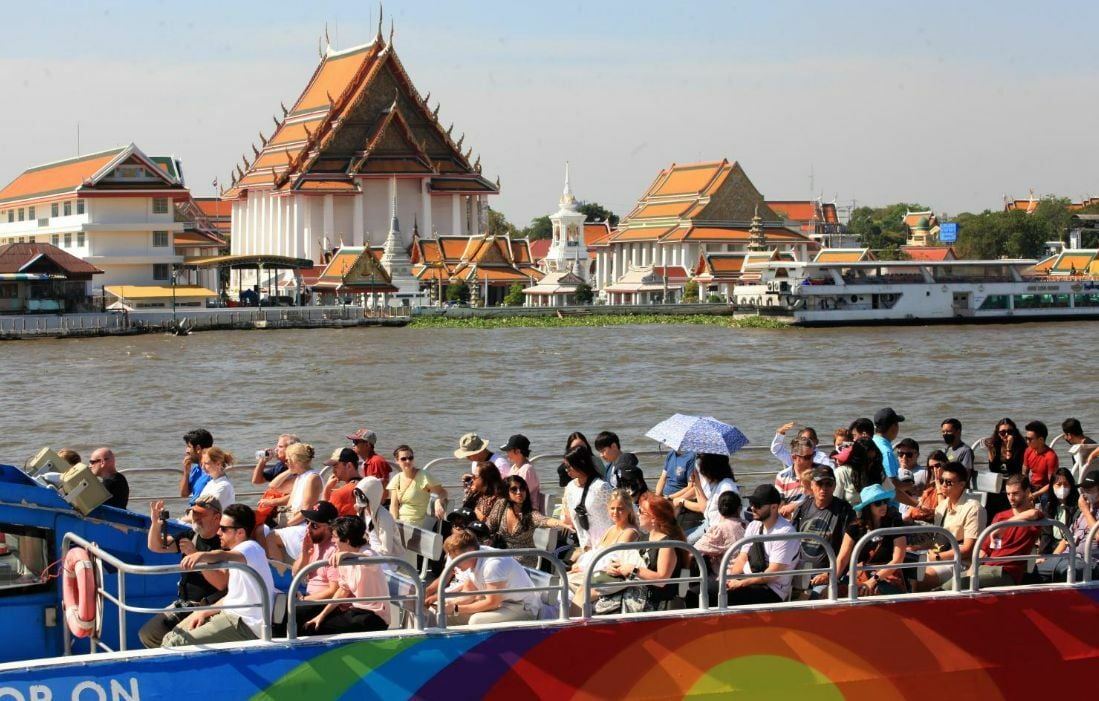Visa-free travel policies boost global tourism and economy

Countries worldwide are recognising the importance of travel freedom in bolstering their economies and accelerating the recovery post-pandemic. As tourism and trade flourish without border restrictions, governments are implementing strategies to enhance their tourism competitiveness, such as visa-free travel policies and the digitalisation of pre-travel processes.
Prominent countries like China and India, with their vast populations, are primary targets for countries seeking to increase their visitor numbers. Last year, Kazakhstan introduced a visa-free scheme for Chinese, Indian and Iranian visitors, and China reciprocated for Kazakh visitors. Likewise, a mutual agreement was signed allowing Maldivian and Chinese tourists visa-free travel from this year. Additionally, Sri Lanka granted temporary visa-free travel to seven countries, including China and India.
Thailand’s government also offers a temporary visa exemption for visitors from China, India, Kazakhstan, and Taiwan, with a 30-day stay per entry. The visa-free travel policy resulted in a 26% increase in searches for Thailand among Indian and Taiwanese travellers, according to online travel agent Agoda. The country currently allows 61 countries and territories to visit without a visa.
Adith Chairattananon, honorary secretary-general of the Association of Thai Travel Agents, believes visa exemptions will contribute to tourism momentum into the next year. The exemptions, he says, will help dispel negative images about Thai tourism and convince potential tourists they are welcome.
Extending the period of stay can also spur tourism expenditure. For instance, Malaysia extended the stay period for Hong Kong nationals to 90 days, up from 30, while Vietnam revised its visa-free stays to 45 days from 15 for certain nations.
Thailand’s passport power
The Pheu Thai Party in Thailand has pledged to increase Thailand’s passport power, allowing Thais to visit more destinations without a visa. Currently, the country is ranked 64th in the Henley Passport Index, reported Bangkok Post.
Nick Careen, senior vice president for operations, safety and security at the International Air Transport Association (IATA), called for the simplification of entry requirements and pre-travel verification. He cited South Korea’s visa waiver programme for Jeju Island which led to a 64.5% increase in Chinese arrivals in 2009.
Countries are also increasingly relying on digitalisation of security and border controls before arrival, with more electronic travel authorisation (ETA) and e-visa programmes being launched. The e-visa market is expected to grow by 11.3% between 2021 and 2028.
The pandemic has highlighted the essential role of travel in global economic recovery. Countries are employing various strategies, including visa waivers and digitalisation of travel processes, to stimulate tourism and attract foreign visitors.
Latest Thailand News
Follow The Thaiger on Google News:


























